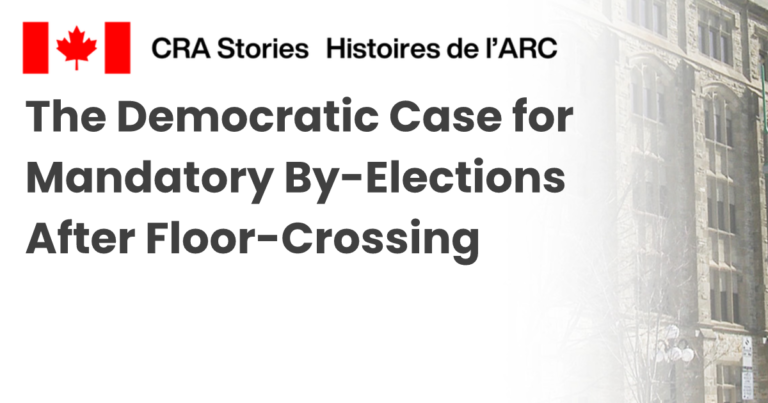The Need for Accountability and Transparency at the Canada Revenue Agency
The Canada Revenue Agency: A Call for Accountability
The Canada Revenue Agency (CRA) is an essential organization responsible for administering tax laws and ensuring compliance across the country. However, in recent years, there have been growing concerns regarding the agency’s approach to dealing with taxpayers and businesses. Many individuals and organizations feel that the CRA needs to prioritize working for the people, rather than appearing to attack them.
Building Trust through Accountability
One of the primary concerns raised by taxpayers is the lack of accountability within the CRA. It is essential for any government agency to be accountable to the public it serves. By being transparent about its processes and decisions, the CRA can build trust and confidence among taxpayers. This can be achieved through regular reporting, clear communication, and a commitment to addressing concerns and complaints in a timely manner.
Furthermore, the CRA should strive to provide clarity in its guidelines and regulations to avoid confusion and unnecessary penalties. By ensuring that taxpayers understand their obligations and rights, the agency can foster a more cooperative relationship and reduce instances of perceived attacks on individuals and businesses.
Working with Taxpayers and Businesses
While the CRA plays a crucial role in enforcing tax laws, it is equally important for the agency to work collaboratively with taxpayers and businesses. Rather than being seen as adversaries, the CRA should be viewed as a partner in ensuring compliance and promoting economic growth.
Providing accessible resources and educational materials can help taxpayers and businesses understand their tax obligations and navigate the complex tax system. By offering clear guidance and support, the CRA can empower individuals and organizations to meet their tax responsibilities willingly, reducing the need for punitive measures.
Enhancing Communication and Customer Service
Improved communication and customer service are key areas where the CRA can make significant strides. Timely and accurate responses to inquiries, as well as efficient resolution of issues, can go a long way in improving the overall perception of the agency.
Investing in customer service training for CRA employees can help foster a more positive and helpful attitude towards taxpayers. By treating individuals and businesses with respect and empathy, the agency can create a more supportive environment that encourages compliance rather than fear.
Conclusion
The Canada Revenue Agency plays a vital role in ensuring tax compliance and funding public services. However, it is crucial for the agency to prioritize accountability, transparency, and collaboration with taxpayers and businesses. By building trust, providing clear guidance, and enhancing communication and customer service, the CRA can work towards a more positive and cooperative relationship with the public it serves.
Together, we can create a system where the CRA works for the people, rather than being perceived as attacking them.




